Deck & Commander Strategies

Isshin, Two Heavens as One
Maximizes attack triggers by doubling them for all players, enabling powerful combat synergies and punishing opponents through aggressive attacks and triggered abilities.
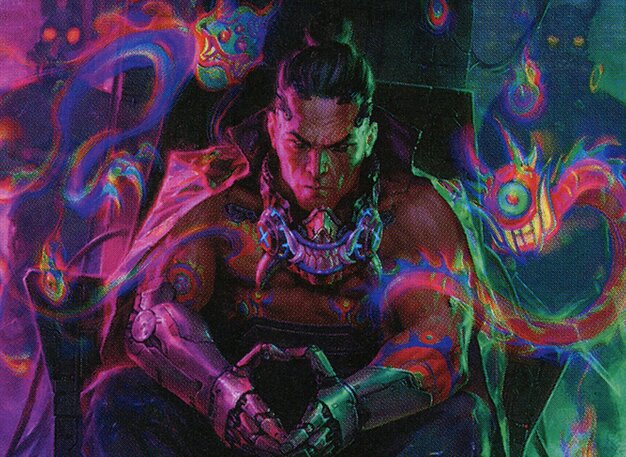
Satoru Umezawa
Utilizes ninjutsu and a suite of ninjas to capitalize on evasive threats, aiming to apply pressure through stealthy attacks and ninjutsu-enabled surprise creatures.
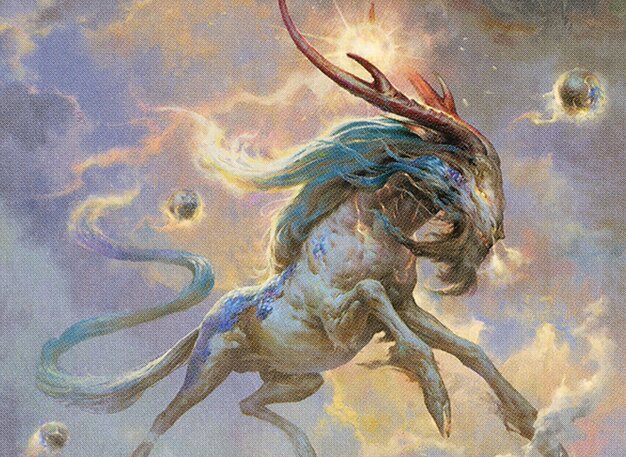
Hinata, Dawn-Crowned
Focuses on reducing the cost of multi-target spells, allowing casting of expensive board wipes and spells at minimal mana to control the board and generate explosive plays.

Shorikai, Genesis Engine
A mech titan artifact vehicle deck that aims to assemble a combo involving Shorikai and artifact synergies, relying on multiple pieces and pilots to achieve a powerful finish.
Gameplay Insights
- 1
Isshin's ability to double attack triggers created opportunities for explosive combat interactions that pressured all players simultaneously.
- 2
Hinata's cost reduction for multi-target spells enabled casting powerful board wipes and spells at virtually no mana, drastically shifting board control.
- 3
Satoru's ninjutsu strategy required assembling multiple components and sufficient mana, making it potent but slower and vulnerable to disruption.
- 4
Shorikai's mech titan combo was ambitious and reliant on assembling several artifact and pilot pieces, highlighting the deck's vulnerability despite its high payoff.
- 5
Mana acceleration and artifact synergy were critical in enabling the faster deployment of key threats and combos, influencing the game's tempo.
- 6
The multiplayer environment amplified the value of attack triggers and spellcasting efficiency, as all players could be impacted by these effects.
Notable Cards
-

Isshin, Two Heavens as One
-

Satoru Umezawa
-

Hinata, Dawn-Crowned
-

Shorikai, Genesis Engine
-

Mana Crypt
-
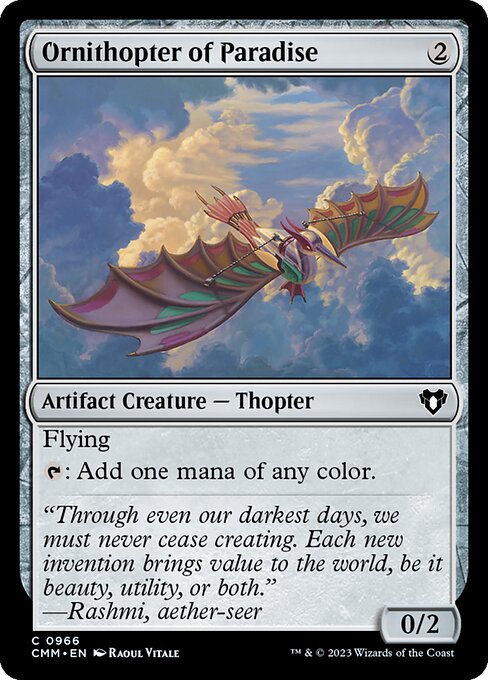
Ornithopter of Paradise
-

Jeweled Lotus
-
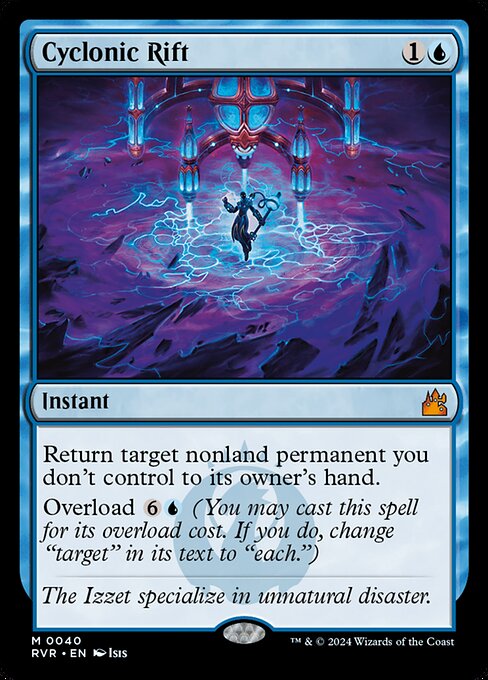
Cyclonic Rift
-
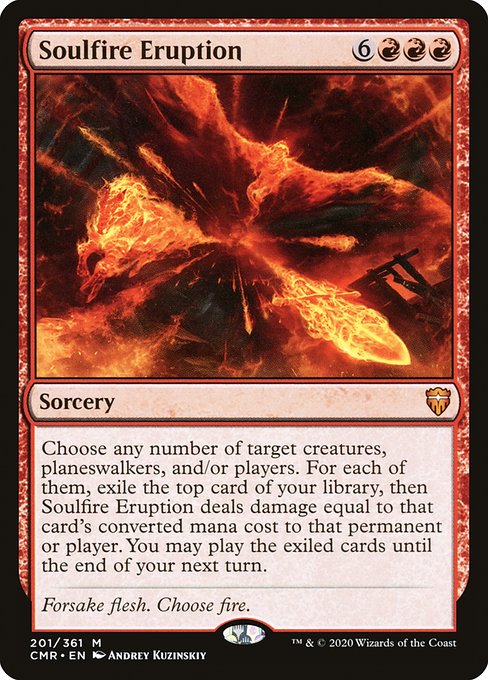
Soulfire Eruption
Gameplay Summary
The game featured four commanders from Kamigawa: Neon Dynasty, each showcasing distinct strategies.
Seth piloted Isshin, Two Heavens as One, focusing on doubling attack triggers to generate overwhelming value through combat.
Richard commanded Satoru Umezawa, a ninja-themed deck centered on ninjutsu and evasive creatures to pressure opponents.
Phil played Hinata, Dawn-Crowned, leveraging the unique cost-reduction mechanic for multi-target spells to cast powerful board wipes and spells at minimal mana.
Tomer controlled Shorikai, Genesis Engine, a mech titan artifact vehicle deck aiming for a combo win involving multiple pieces and artifact synergies. Early game pace was set by mana acceleration and setting up key pieces like Shorikai's pilots and Isshin's attacking triggers.
The game’s tension arose from the interaction between aggressive combat triggers and the explosive potential of Hinata's discounted spells.
Richard's ninja deck sought to strike stealthily with ninjutsu, though it required several components to be fully effective.
Tomer's ambitious mech titan combo plan required assembling critical parts and was vulnerable to disruption.
The match saw multiple board state shifts with powerful attacks and strategic spell casting, but the decisive moments hinged on leveraging Isshin's double triggers during combat and Hinata's capacity to cast spells at nearly zero mana, enabling game-changing plays.
Ultimately, the clash highlighted the interplay between aggressive combat synergies, spellcasting economy, and combo assembly in a diverse multiplayer environment.


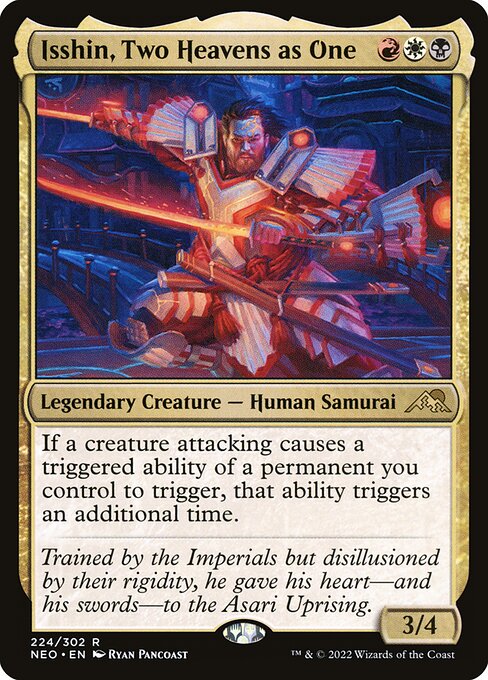













![Reyhan & Yoshimaru vs Shorikai vs Isshin vs Hinata [EDH/Commander, MTG Gameplay 2022] thumbnail](https://i.ytimg.com/vi/97SdQNDkZSM/sddefault.jpg)










![Go-Shintai vs Kaima vs Shorikai vs Satoru [Budget EDH/Commander, Magic The Gathering Gameplay 2022] thumbnail](https://i.ytimg.com/vi/RtH14D2XE_M/sddefault.jpg)




